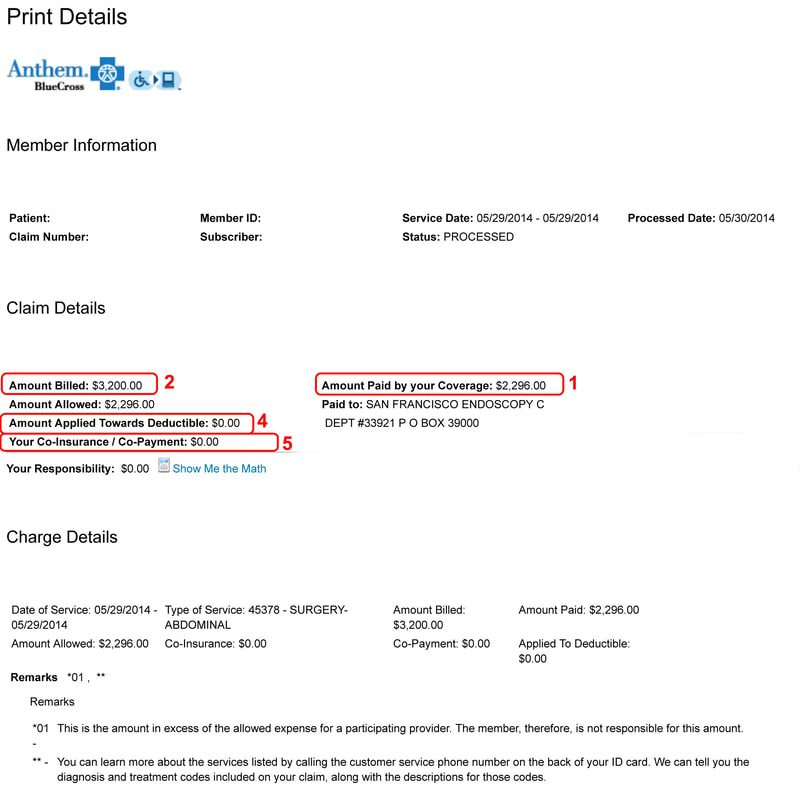Different Medicare NoticesPaperwork isn\’t the most fun or exciting topic, and you receive a lot with your Medicare plan already. But some of that paperwork may be important notices and forms that relate to your coverage!
When you’re enrolled in Medicare, there’s a good chance you’ll be receiving plenty of paperwork in the mail. It may seem annoying, but it’s truly a good thing because it means you’re being kept in the loop with your Medicare coverage. Many of these will be notices about how you’re using your Medicare. For example, you may receive a Medicare Explanation of Benefits or Medicare Summary Notice depending on what type of Medicare you have. While these may be among the most common types you’ll encounter, there are others you should at least be aware of as well.
Notice of Denial for Payment or ServicesWhile Medicare plans cover a lot of the services and needs of beneficiaries, they don’t cover everything. If you’ve requested coverage for something that ultimately won’t be covered by your plan, the Centers for Medicare & Medicaid Services (CMS) requires your plan to send you a Notice of Denial of Medicare Coverage (or Payment). This is also sometimes called an Integrated Denial Notice (IDN). The notice must include your plan details (your name, plan number, and the date the notice was issued), along with what your request was and the reason(s) why it was denied. The coverage can be denied in full, partially approved, stopped if it was already being given, reduced, or suspended (for Medicaid services).
The IDN must also list your next steps on how to appeal the plan’s decision.
Reasons you may receive an IDN range from medical reasons to network ones. Your plan may determine that a specific service isn’t medically necessary or is with a doctor outside your plan’s network. For Medicare Part D plans, a prescription may not be on your formulary. Luckily, it doesn’t have to end there. The IDN must also list your next steps on how to appeal the plan’s decision.
Notice of Termination of ServicesIn some ways, a notice of termination of services is kind of like an IDN for specific specialized care. If you’re receiving coverage for the services of a skilled nursing facility, home health agency, or comprehensive outpatient rehabilitative facility, but it’s determined that you no longer require these services, you’ll likely receive two notices from your Medicare plan. These are the Notice of Medicare Non-Coverage (NOMNC) and the Detailed Explanation of Non-Coverage (DENC).
The notice must also include contact information for the provider, member numbers, and effective date of coverage termination.
The NOMNC is effectively advance notice that coverage will be terminated and must be delivered two days prior to the end of coverage. The notice must also include contact information for the provider, member numbers, and effective date of coverage termination. Much like the IDN, the NOMNC must also include an explanation of your right to appeal to the decision and how to file an immediate appeal. The DENC contains provider contact information, member identification, a comprehensive list of services being terminated, and a detailed reasoning why the decision was made.
Medicare Outpatient Observation Notice (MOON)One of the more confusing ways you can have unexpected out-of-pocket costs with Medicare is something called observation status. We’ve discussed this before, but essentially, observation status is when you’re in the hospital, but considered a hospital outpatient. There are a number of reasons this could be the case, but whatever the reason, your care will be covered by Medicare Part B instead of Part A. This means that you’ll have to meet the annual Part B deductible and pay 20 percent of any services you receive after that.
The purpose of the MOON is to inform the beneficiary that they are in observation status, why they are in observation status, and how this can influence their costs.
The Medicare Outpatient Observation Notice (MOON) was created in 2015 by the NOTICE Act and is sent to a beneficiary when they are in observation status. The purpose of the MOON is to inform the beneficiary that they are in observation status, why they are in observation status, and how this can influence their costs. Furthermore, this notice must be followed by a verbal explanation of the MOON, along with a signature from the beneficiary or someone on their behalf to acknowledge the receipt of the MOON. Once you know you’re in observation status, you may be able to request to be admitted into the hospital to have your care covered under Part A coverage.
Hospital Discharge NoticesA final notice we’ll be discussing, though by no means the last Medicare notice that exists, is the grouping of notices called hospital discharge notices. In essence, there are two notices worth mentioning here. First, is the Important Message from Medicare (IM), which a beneficiary receives upon entering into inpatient care at a hospital. This form simply informs you of your appeal rights for hospital discharges. In other words, it lets you know that, if you’re being discharged from the hospital and you don’t agree with it, you are able to appeal that decision.
A DND will explain why you are being discharged.
The second form is called a Detailed Notice of Discharge (DND). You’re less likely to see this one because it is only given out if you choose to appeal a discharge decision. A DND will explain why you are being discharged. This is an important step in appealing a discharge from the hospital, since your appeal will be reviewed by the local Beneficiary and Family Centered Care Quality Improvement Organization (QIO).
● ● ●
Paperwork is rarely an exciting topic to discuss, but it’s very important to know about these forms if you’re someone who has Medicare coverage. Whether they’re keeping you from being discharged, letting you know a service won’t be covered so you can appeal, or telling you that you’re in observation status, these notices keep you informed about your coverage so you can be an active participant in ensuring you receive the best care and coverage possible.
Just like you, your health is one of a kind. What works for one person may not for another, so the information in these articles should not take the place of an expert opinion. Before making significant lifestyle or diet changes, please consult your primary care physician or nutritionist. Your doctor will know your own health best. If you have any questions regarding medical bills, denial of claims ect please feel free to reach out to my office we would be glad to help. 631-358-5793






